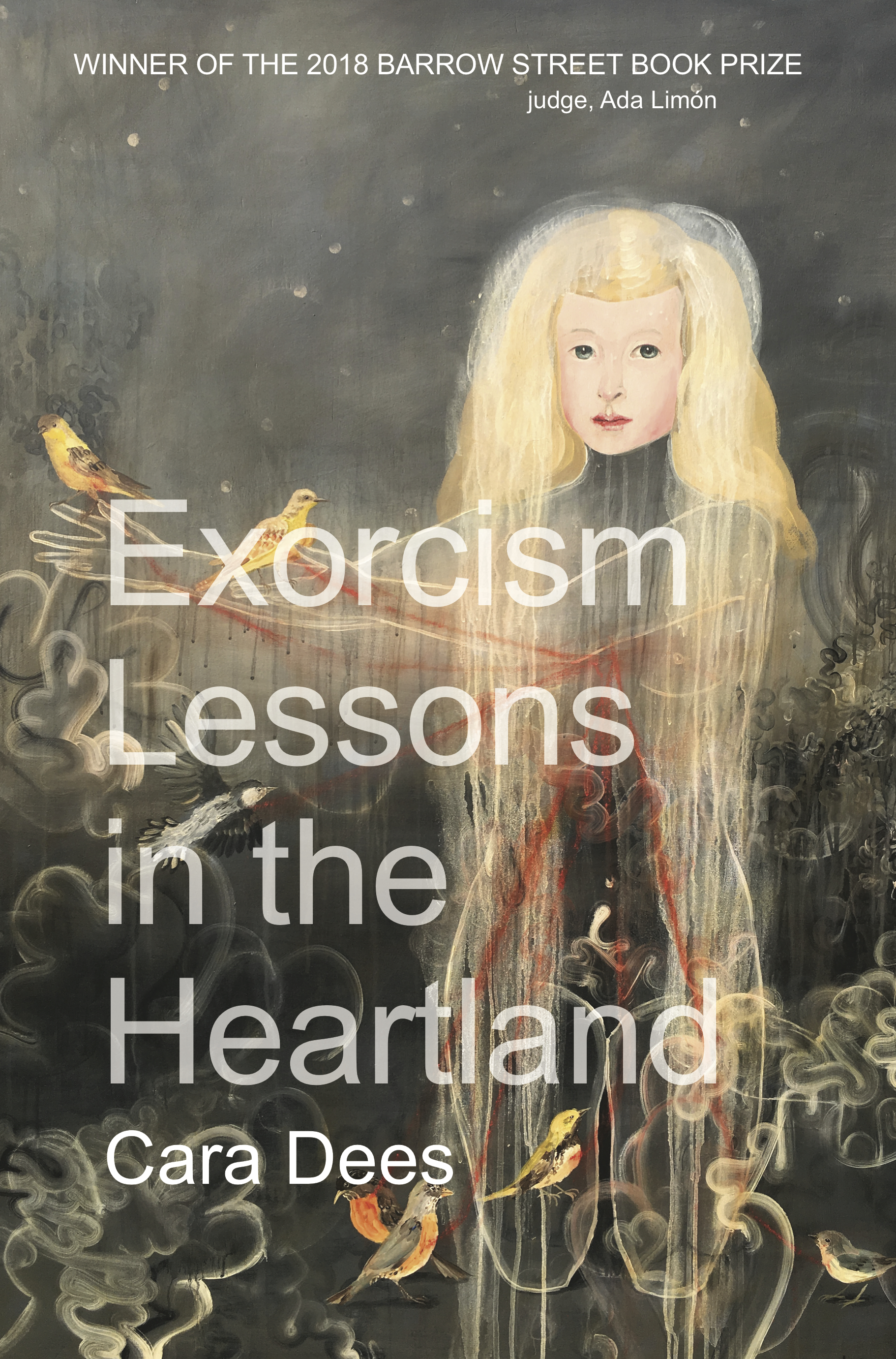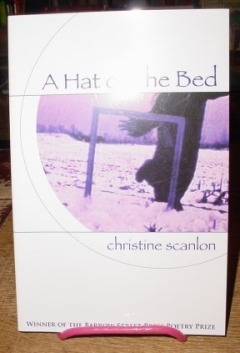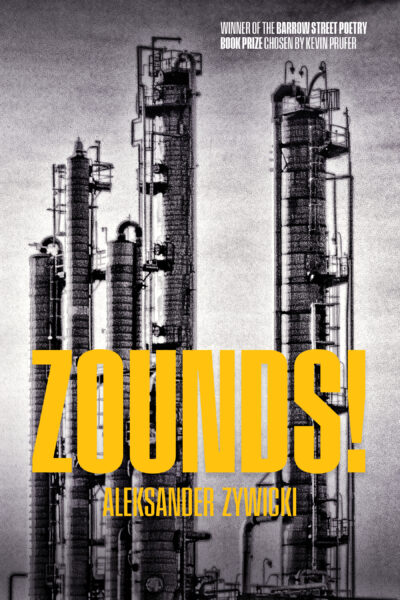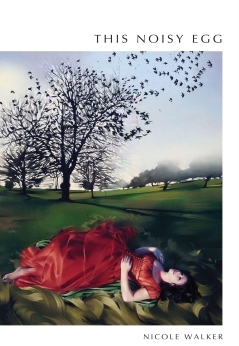Navigating a landscape of loss with language that is both lyrically charged and freshly brutal, Cara Dees has given us a first book that is unexpected and burning with life. The weight of absence fills the pages, but the world is not without light and resurrection. Both suffused with feeling and fueled by a restless search for a way of being in the world, this is a beautiful book alive with humanity.
—Ada Limón
Cara Dees’s Exorcism Lessons in the Heartland is a beautiful, heartbreaking, and sometimes feisty poetic exploration of the vast linguistic gap between things as they are, and how we would have them be. At the center of that abstraction, waiting to be unpacked, resides the concrete, inescapable experience of suffering: the illness-ravaged bodies of our loved ones, dying; the mute victims of animal cruelty; the silenced survivors of eons of sexual violence. This is poetry for grownups. Grounded in a gasp-inducing, massive lexicon, Dees’s complicated, tragic vision ultimately transcends itself. “For this moment, too, the rarest/words,” she writes in the last lines of the last poem. “Even in this world/an arc must still be possible.”
—Kate Daniels
In Cara Dees’s elegiac book, loss imbues experience with its contours, textures, its sensual being and presence. The poems, complex and brooding, repay close attention and their gift is deep intellectual and emotional understanding, an erotics of grief. The effect is strange and compelling and unlike anything I have read in contemporary poetry. And one more thing, the series of poems that address the Supreme Court of John Roberts, regarding its rulings about a woman’s body, already read like classics.
—Mark Jarman, author of The Heronry




